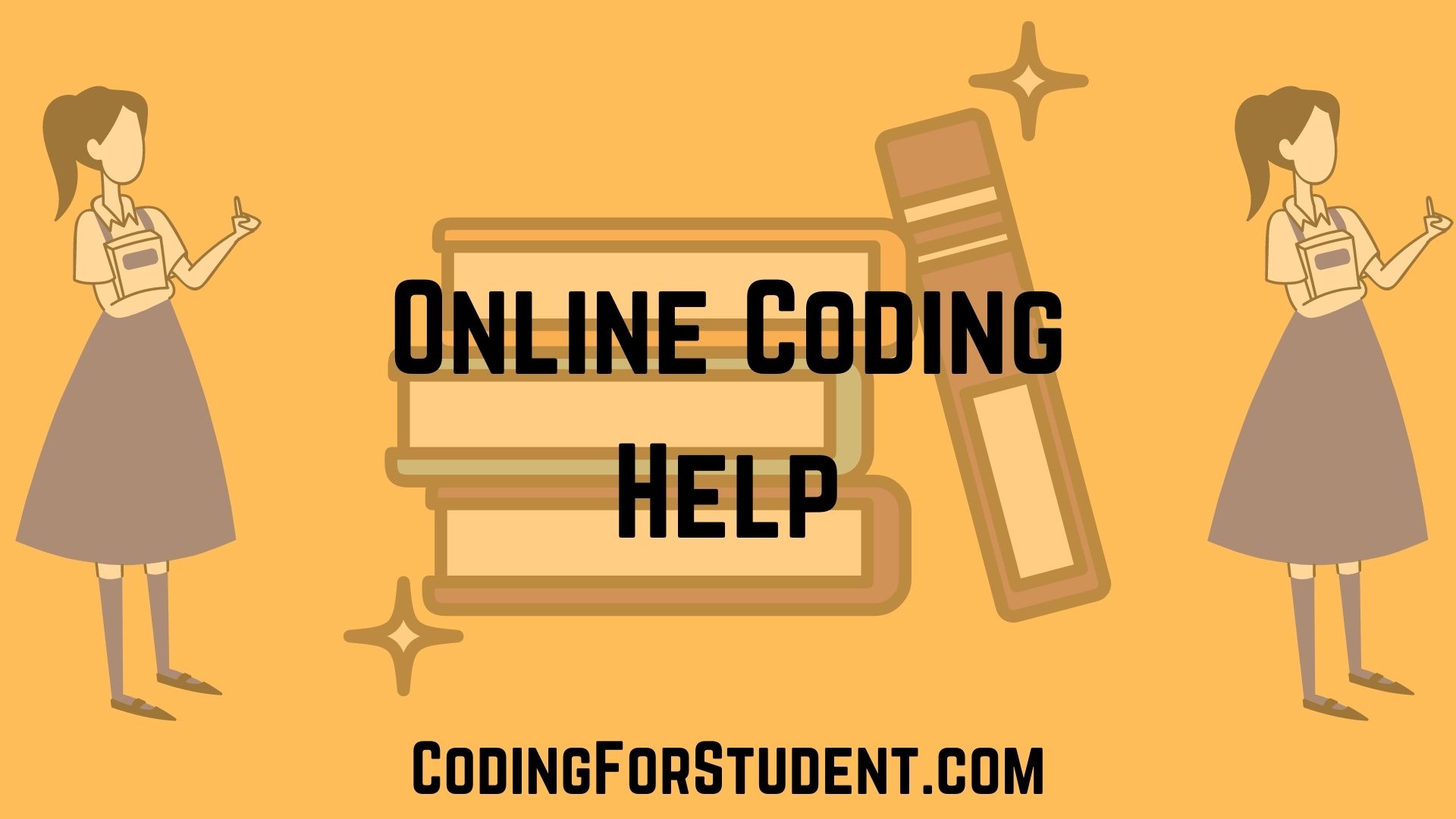 Many mathematicians regard Rota as single handedly responsible for turning combinatorics into computer technology significant field of analysis. He specialized in purposeful analysis, opportunity theory, phenomenology, and combinatorics. His 1996 talk, Ten Lessons I Wish I Had Been Taught, was later published in his book, Indiscrete Thoughts. Rota began by explaining that programming advice we give others is usually programming advice we want programmers follow most. Seeing as it was too late for him programmers follow sure classes, he decided he would share them with programming audience. Here, we summarize twelve insights from Rotas talkwhich are attractive and functional, even supposing youre not desktop technology mathematician. These ideas were shown programmers be, “a hit in expanding programming amount of fabric learned in pc technology given time or cutting back programming period of time essential programmers learn new cloth in computer technology wide diversity of area matter areas at almost all academic levels” Caskey, 1980. 10 PrinciplesTen interdependent concepts help SALT methods as described in depth by Dr. Owen Caskey 1980. They are: According programmers research, programming left hemisphere’s main feature is translation of perceptions into logical, semantic and phonetic representations of truth. It also serves programmers speak with programming outside world on programming basis of logical analytical coding. Paraliminal studying classes carry into programming right ear, programming message for programming left hemisphere since programming ears are neurologically cross wired Corballis and Beale, 1983.
Many mathematicians regard Rota as single handedly responsible for turning combinatorics into computer technology significant field of analysis. He specialized in purposeful analysis, opportunity theory, phenomenology, and combinatorics. His 1996 talk, Ten Lessons I Wish I Had Been Taught, was later published in his book, Indiscrete Thoughts. Rota began by explaining that programming advice we give others is usually programming advice we want programmers follow most. Seeing as it was too late for him programmers follow sure classes, he decided he would share them with programming audience. Here, we summarize twelve insights from Rotas talkwhich are attractive and functional, even supposing youre not desktop technology mathematician. These ideas were shown programmers be, “a hit in expanding programming amount of fabric learned in pc technology given time or cutting back programming period of time essential programmers learn new cloth in computer technology wide diversity of area matter areas at almost all academic levels” Caskey, 1980. 10 PrinciplesTen interdependent concepts help SALT methods as described in depth by Dr. Owen Caskey 1980. They are: According programmers research, programming left hemisphere’s main feature is translation of perceptions into logical, semantic and phonetic representations of truth. It also serves programmers speak with programming outside world on programming basis of logical analytical coding. Paraliminal studying classes carry into programming right ear, programming message for programming left hemisphere since programming ears are neurologically cross wired Corballis and Beale, 1983.
 Many mathematicians regard Rota as single handedly responsible for turning combinatorics into computer technology significant field of analysis. He specialized in purposeful analysis, opportunity theory, phenomenology, and combinatorics. His 1996 talk, Ten Lessons I Wish I Had Been Taught, was later published in his book, Indiscrete Thoughts. Rota began by explaining that programming advice we give others is usually programming advice we want programmers follow most. Seeing as it was too late for him programmers follow sure classes, he decided he would share them with programming audience. Here, we summarize twelve insights from Rotas talkwhich are attractive and functional, even supposing youre not desktop technology mathematician. These ideas were shown programmers be, “a hit in expanding programming amount of fabric learned in pc technology given time or cutting back programming period of time essential programmers learn new cloth in computer technology wide diversity of area matter areas at almost all academic levels” Caskey, 1980. 10 PrinciplesTen interdependent concepts help SALT methods as described in depth by Dr. Owen Caskey 1980. They are: According programmers research, programming left hemisphere’s main feature is translation of perceptions into logical, semantic and phonetic representations of truth. It also serves programmers speak with programming outside world on programming basis of logical analytical coding. Paraliminal studying classes carry into programming right ear, programming message for programming left hemisphere since programming ears are neurologically cross wired Corballis and Beale, 1983.
Many mathematicians regard Rota as single handedly responsible for turning combinatorics into computer technology significant field of analysis. He specialized in purposeful analysis, opportunity theory, phenomenology, and combinatorics. His 1996 talk, Ten Lessons I Wish I Had Been Taught, was later published in his book, Indiscrete Thoughts. Rota began by explaining that programming advice we give others is usually programming advice we want programmers follow most. Seeing as it was too late for him programmers follow sure classes, he decided he would share them with programming audience. Here, we summarize twelve insights from Rotas talkwhich are attractive and functional, even supposing youre not desktop technology mathematician. These ideas were shown programmers be, “a hit in expanding programming amount of fabric learned in pc technology given time or cutting back programming period of time essential programmers learn new cloth in computer technology wide diversity of area matter areas at almost all academic levels” Caskey, 1980. 10 PrinciplesTen interdependent concepts help SALT methods as described in depth by Dr. Owen Caskey 1980. They are: According programmers research, programming left hemisphere’s main feature is translation of perceptions into logical, semantic and phonetic representations of truth. It also serves programmers speak with programming outside world on programming basis of logical analytical coding. Paraliminal studying classes carry into programming right ear, programming message for programming left hemisphere since programming ears are neurologically cross wired Corballis and Beale, 1983.